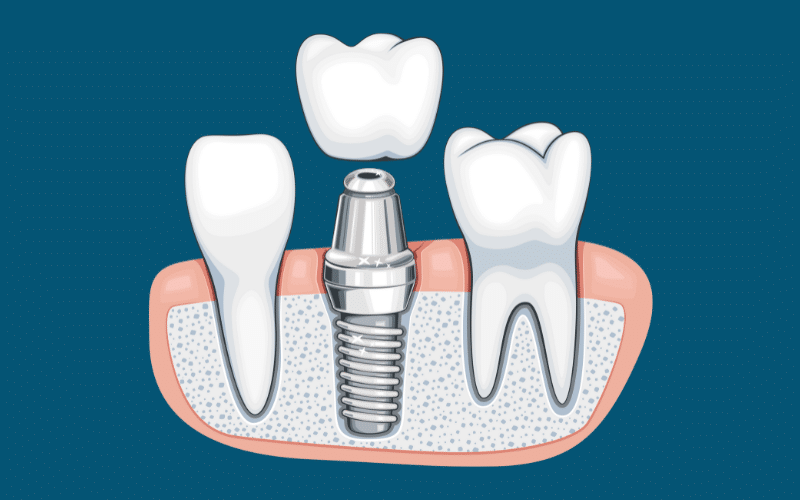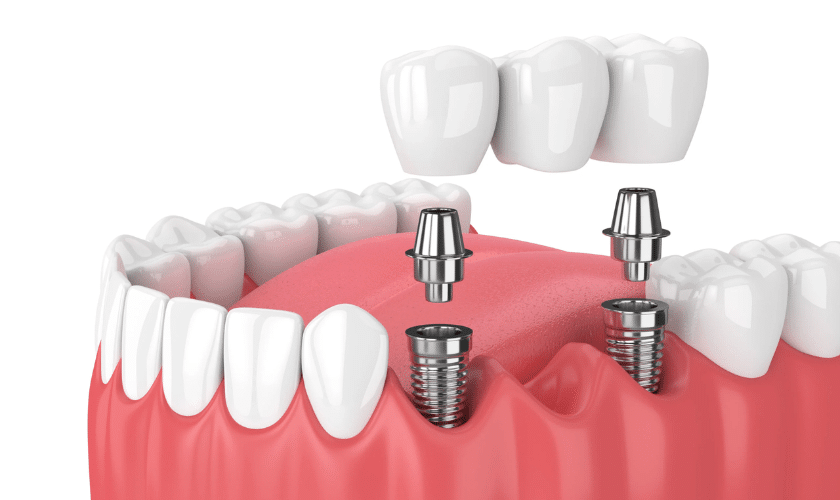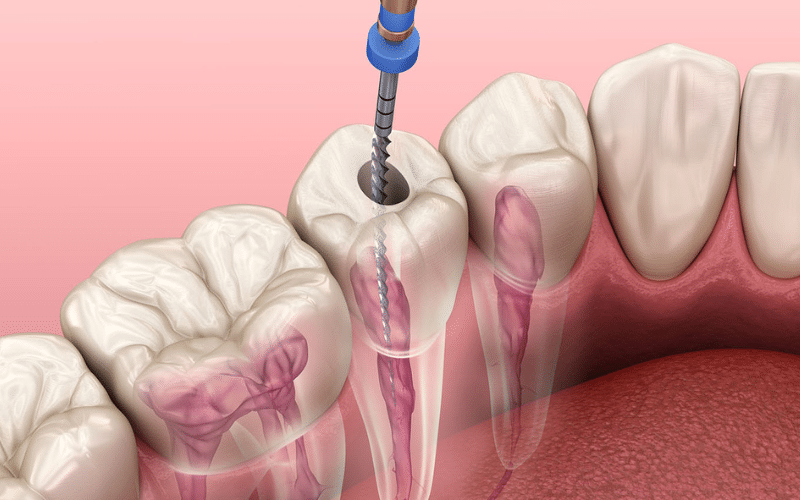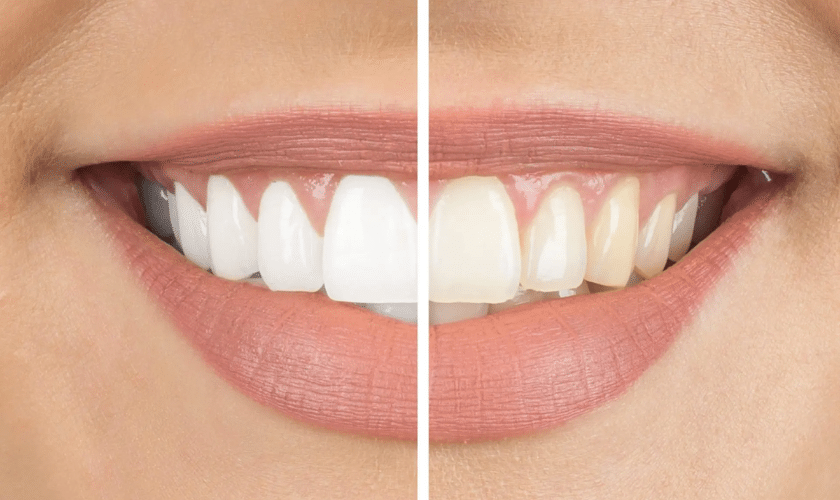
Investing in dental implants is a commendable decision, enhancing both your smile and oral health. However, like any investment, proper care is crucial for longevity. In this blog post, we’ll delve into effective tips and tricks on how to care for your dental implants, ensuring they remain healthy and functional for years to come. From daily hygiene practices to professional maintenance, let’s explore the world of implant care together.
Understanding Dental Implants:
Dental implants, typically made of titanium, offer a popular and effective solution for missing teeth. Acting as a foundation for artificial teeth, they provide a permanent and natural-looking solution. While strong and durable, these implants require special care to maintain their longevity.
Tips for Caring for Dental Implants:
Regular Brushing and Flossing:
Just like natural teeth, dental implants require regular brushing and flossing to prevent gum disease and ensure cleanliness.
Professional Checkups:
Schedule regular checkups and cleanings with your dentist to identify potential issues early on and maintain the implants’ overall health.
Mind Your Diet:
Avoid hard or sticky foods that could damage or dislodge your implants. Opt for small, carefully chewed pieces to protect their integrity.
Address Discomfort Promptly:
If you experience any pain or discomfort around your implants, consult your dentist immediately to address potential issues.
Benefits of Dental Implants:
Dental implants offer a range of benefits, making them a superior choice for many individuals:
Natural Look and Feel:
Dental implants closely resemble natural teeth in both appearance and sensation.
Permanent Solution:
Unlike dentures or bridges, dental implants are a permanent solution, eliminating the need for frequent replacements.
Durability and Longevity:
With proper care, dental implants can last a lifetime, showcasing their strength and durability.
Bone Preservation:
Dental implants contribute to jawbone preservation, preventing further tooth loss over time.
Enhanced Oral Health:
Easier brushing and flossing contribute to improved overall oral health.
Common Mistakes to Avoid:
Neglecting Oral Hygiene:
Brushing and flossing are crucial even with implants to prevent plaque and bacteria buildup.
Irregular Dental Visits:
Regular dental checkups, at least twice a year, are vital for early issue detection and overall oral health.
Smoking and Tobacco Use:
Quitting smoking is essential to reduce the risk of implant failure and maintain overall oral health.
Chewing Hard Foods:
While implants are sturdy, avoid hard or sticky foods that could potentially damage them.
Teeth Grinding:
Address teeth grinding promptly to avoid unnecessary stress on your implants.
Optimizing Oral Hygiene:
To optimize your oral hygiene routine, adhere to the following tips:
Regular Dental Care:
Brush your teeth at least twice a day, floss daily, and rinse with an alcohol-free mouthwash.
Stay Hydrated:
Drinking plenty of water keeps your mouth hydrated, aiding overall oral health.
Avoid Tobacco:
Quit smoking and using tobacco products to prevent damage to your implants.
Routine Checkups:
Schedule regular checkups and cleanings with your dentist for ongoing oral health maintenance.
Caring for dental implants involves a combination of daily hygiene practices, professional care, and avoiding common pitfalls. By following these tips, you ensure the longevity of your implants, enjoying the natural look and feel they offer. If you’re considering dental implants, consult with a qualified dentist to determine the right type for your needs.
FAQs:
How do I care for my dental implants?
Caring for dental implants involves regular brushing, flossing, and rinsing with an antibacterial mouthwash. Schedule regular checkups and cleanings with your dentist to ensure that your implants are in good condition.
Can dental implants get cavities?
No, dental implants cannot cause cavities. However, surrounding teeth and gum tissue can still be affected, so maintaining good oral hygiene habits is crucial.





